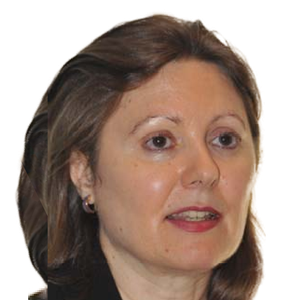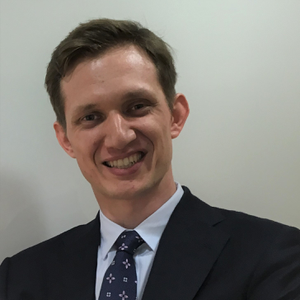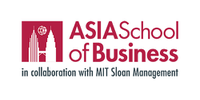Webinar Details
Digital transformation had already been on the top of the agenda for executives for a few years, but the sudden onset of covid-19 forced every organisation to undertake a crash-course in the digital ways of working. Many companies learned that people related issues, and not the technical problems, were often the reason why digital transformation journey fails to deliver.
Before the pandemic, we undertook a survey of ECN members across Asia to see how they were building future ready workforce. The survey helped us produce our new white paper 'Talent, tech and transformation: The role of the business leader in Asia'. We will present the results of the survey to you and would like to offer you a chance to comment and give your assessment of how Asia-wide picture relates to the post-covid reality in China and to use our survey as a benchmark against your peers.
What are the factors of success in establishing, engaging and empowering the digital employee and where are the pain points? How are business leaders working with functional heads who may be more focused on the traditional management of human resources? Was anything new uncovered in the course of the covid-19 pandemic and how will these learnings change talent development strategies of the companies?
Join us as we present the findings of our new white paper on talent management and discuss the role of the business leader in shaping a digital ready workforce in China.
*We will be limiting the number of participants of this online session to 25 primary members of ECN and by-invitation guests in order to ensure that we have an interactive discussion.





